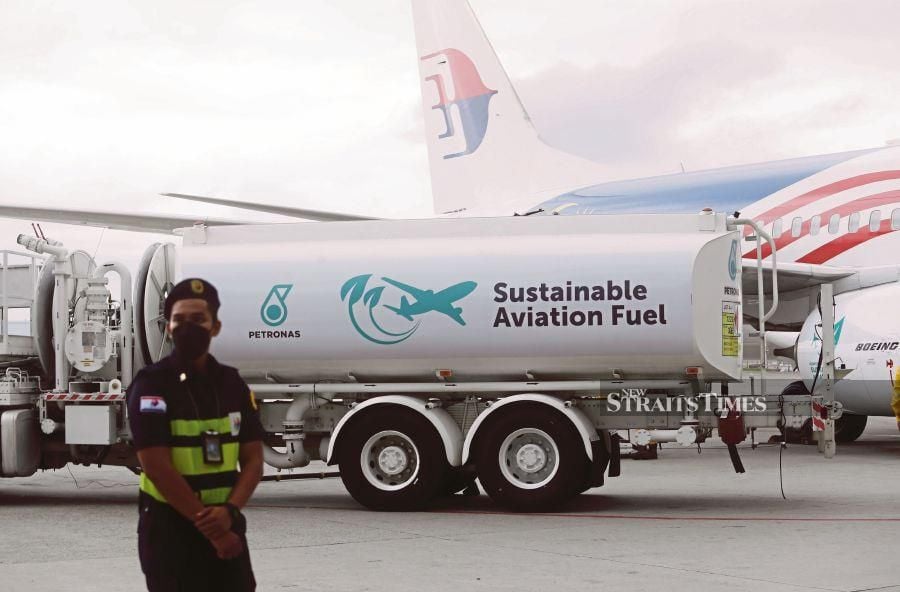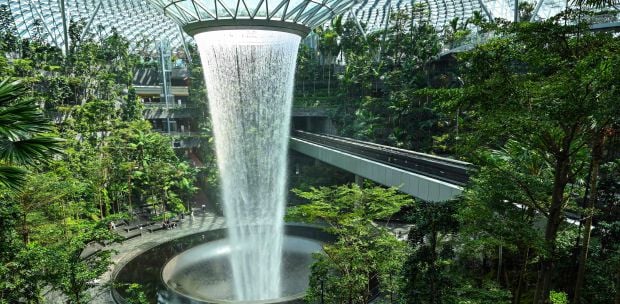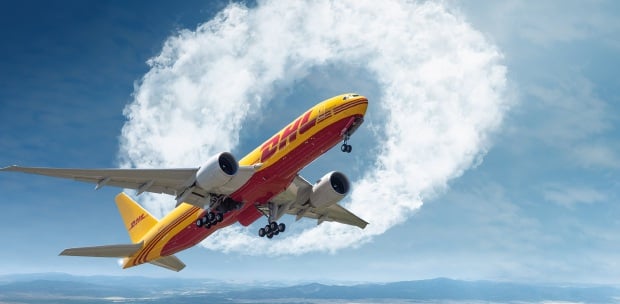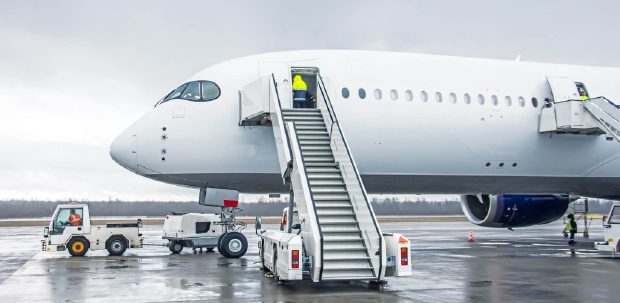MONDAY, May 22 was a momentous day for Malaysian science and technology.
On that day an Airbus A220 — a popular narrow-body jet designed for regional and short-haul flights — took off from Kuching to Langkawi, marking the first ever Sustainable Aviation Fuel (SAF) to be fuelled into the plane in Kuching.
This was made possible through a collaborative effort from Aerospace Malaysia Innovation Centre (AMIC), National Aerospace Industry Corporation (NAICO), and the Sarawak government via SEDC Energy.
Powered with a SAF blend of 10 per cent, it was a great honour to have been aboard that aircraft, and a lasting source of pride that SAF development in Malaysia has kicked-off.
What a milestone accomplishment for our country — and for Sarawak, as development of SAF from seeds grown in Malaysia and processed in Malaysia is underway.
Not only did we slightly lighten the country's greenhouse gas pollution, through the A220 flight, but we demonstrated to the world in powerful fashion our commitment to helping the aviation industry reach net-zero carbon emissions by 2050.
SAF is a hot topic across the aerospace industry, which the industry contributes between 2.5 and 3.5 per cent of man-made CO2, and other greenhouse gases in the atmosphere.
The industry has pledged together with the ambition of replacing petroleum jet fuel by as much as 100 per cent.
SAF itself has the potential to reduce greenhouse gas (GHG) emissions by up to 80 per cent on a life-cycle emissions basis.
What is also interesting for biologically-megadiverse Malaysia is the abundance of feedstocks for these new fuels such as microalgae.
Microalgae biofuel is devoid of the major drawbacks associated with oil crops and other biofuels.
Algae-based biofuels can technically and economically be viable and cost-effective, when managed well through a means to produce multiple products, or co-products.
Compared with terrestrial plants, micro-algae have the highest productivity of oil per unit of area/land, require minimal water use with good management strategy, and has high photosynthetic efficiency for CO2 absorption.
Large-scale successful commercial production feasibility still requires a lot of work due to the instability of biomass concentration at scale and costly downstream processes. But, we are determined to change that.
Airbus is one of the most ardent proponents of SAF. One of their top goals is 100 per cent SAF capability by 2030 throughout their portfolio for commercial aircraft, military aircraft and for helicopters.
A leading competitor, Boeing, is less enthusiastic, with CEO David Calhoun predicting last week that "climate-friendly biofuels will never achieve the price of jet fuel," pouring an unwelcome bucket of cold water on the aviation sector's strategy to slash emissions.
I was on a special mission of sorts, together with Datuk Dr Mohd Yusoff Sulaiman, CEO of the Malaysian Industry-Government Group on High Technology (MIGHT), and Dr Liew Kan Ern, CEO of Aerospace Malaysia Innovation Centre (AMIC).
We accompanied Tan Sri Abang Johari Tun Openg, Premier of Sarawak, the state in which the algae SAF is in development, on that historic journey from Kuching to Langkawi on a Latvian airBaltic Airbus A220-300.
After landing, the premier attended the Langkawi International Maritime and Aerospace Exhibition (LIMA 2023) to demonstrate his commitment to the SAF, commenting that the success that day would light the path for other areas within Sarawak to venture into SAF production – commencing with collaboration with Petronas, SEDC Energy, and AMIC.
AMIC is proud to be part of this worthwhile endeavour. It started the SAF journey in 2013, when Airbus funded four projects in Malaysia through AMIC to test the potential of our rich biodiversity, the potential of waste transformation, and to study the lifecycle of a SAF economy in Malaysia.
The findings that resulted, together with others, such as University of Malaya and
Nottingham University in Malaysia, encouraged and fostered greater effort in the region.
AMIC went to Indonesia, Singapore, Thailand, Vietnam — even to Japan and South Korea — to promote the work underway here and to discover what else Malaysia could do to develop and mature SAF.
Sarawak is ahead of the curve compared to others in the Federation in meeting the three-pronged objectives of the UN Convention on Biological Diversity signed by Malaysia and other UN Member States during the Earth Summit in 1992, namely conservation of biodiversity, sustainable use of its components, and access and benefit-sharing of genetic resources.
It established the Sarawak Biodiversity Centre in 1997 to explore intensive biotech-based research and development on Sarawak's biological resources.
Earlier this year, SEDC Energy, a subsidiary of Sarawak Economic Development Corporation (SEDC) signed an agreement with PETRONAS Research Sdn Bhd to develop algae production technology, which includes cultivation, harvesting and extraction of crude algae oil, that is later refined to produce SAF.
This collaboration is taken a step further during LIMA where SEDC Energy, PETRONAS Research Sdn Bhd, and AMIC signed an agreement to complement current technology developments in micro-algae, SAF ecosystem, and commercial scale plant exploration.
This is a fine example of how ambition supported by science and technology can shake up the status-quo, leading to better innovation and solid entry to market.
Ultimately, it needs the sustained political commitment and support by the Numero Uno of the state. And with Abang Johari, Sarawak has a formidable champion.
Congratulations to all involved, and to all Malaysians. May our SAF industry accelerate quickly onwards and upwards into the future sustainably!
* The writer is the Fifth Holder of the Tun Hussein Onn Chair at ISIS, Malaysia, distinguished professor at UCSI University and Joint Chairman of AMIC






